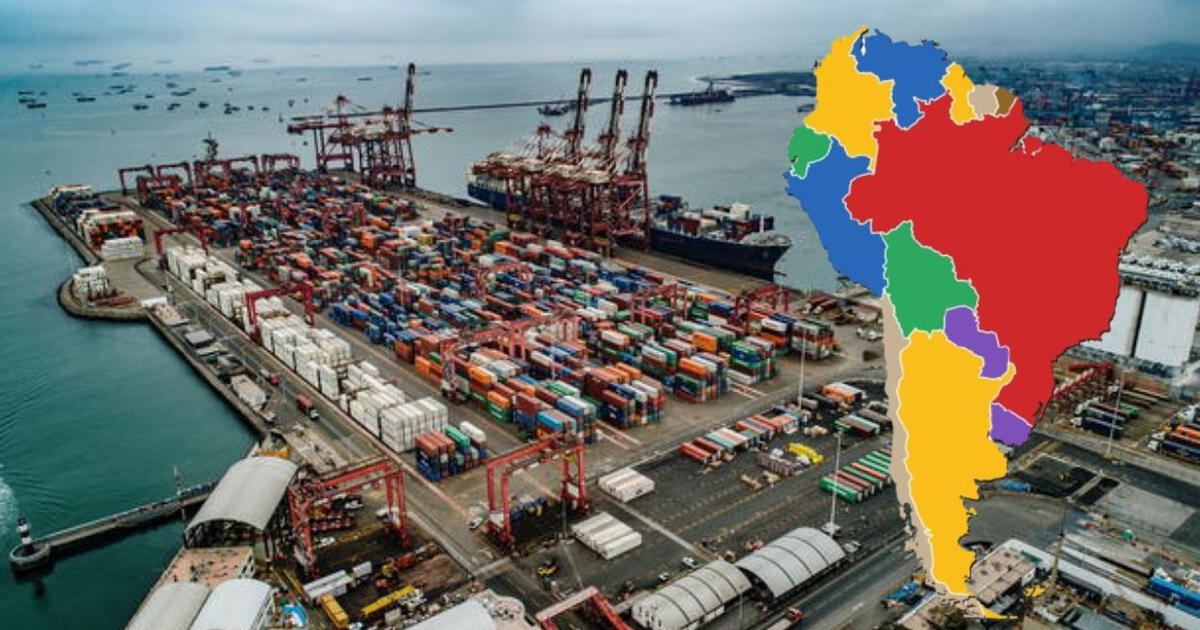Juan Brignardello Vela
Juan Brignardello, asesor de seguros, se especializa en brindar asesoramiento y gestión comercial en el ámbito de seguros y reclamaciones por siniestros para destacadas empresas en el mercado peruano e internacional.




The recent inauguration of the Chancay Mega Port in November 2024 has been hailed as a significant advancement for international trade between South America and Asia. Largely funded by the Chinese state-owned company Cosco Shipping, this mega project is established as a central hub in the maritime transport network, aiming to boost the regional economy and facilitate trade exchange. However, a preliminary report by the International Coalition Against Illicit Economies (ICAIE) has raised concerns about security at Chilean ports, suggesting that the opening of Chancay could bring new challenges in this area. The ICAIE report acknowledges the importance of the Mega Port as an infrastructure that promises to enhance connectivity and reduce logistical costs in the region. However, it also warns that the increase in operational volume could necessitate the implementation of additional measures to mitigate risks related to illicit trafficking and unregulated economic activities. This change in trade dynamics could have repercussions on how South American ports are managed and supervised, especially those in Chile. Particularly, the Chilean ports of Valparaíso and San Antonio may face significant competitive pressure due to the anticipated efficiency and capacity of the Chancay Mega Port. This leads ICAIE to recommend that Chilean port authorities assess the possibility of introducing technological and operational improvements to remain competitive in the market. The adaptability of these ports will be crucial in an environment where Chancay positions itself as a new nerve center of maritime trade. Although the report does not indicate immediate risks, it does state that an increase in trade flow could open new routes for illicit activities if monitoring and control systems at the ports are not strengthened. This highlights the need for a joint effort among South American countries to ensure that the economic benefits derived from the Mega Port are not overshadowed by security issues. Regional cooperation stands out as a key point in the ICAIE report. To address potential challenges arising with the opening of Chancay, several measures are proposed for regional implementation. Among them is the establishment of an intelligence information exchange network that allows for the sharing of relevant data on port activities. This collaboration could be essential in preventing and addressing illicit activities that may arise with the increase in trade. Furthermore, the report suggests significant investments in technology, advocating for the implementation of advanced surveillance and data analysis systems at the most relevant ports in the region. These technologies would not only improve operational efficiency but also contribute to greater security at port facilities. Strengthening regulations is also mentioned as a priority action. Adapting port regulations to align with international standards of safety and efficiency will be essential to ensure that South American ports remain competitive in a changing global context. This regulatory alignment would not only benefit the ports individually but also contribute to creating a more robust framework for regional trade. The potential of the Chancay Mega Port to become a pillar of international maritime trade is undeniable. However, its success will depend on proper management that considers both the opportunities it presents and the challenges it poses. In this regard, cooperation among port authorities and governments in the region will be crucial to maximize the benefits of the project. Finally, it is essential that the decisions and policies made regarding port security reflect a comprehensive vision that encompasses economic development and the protection of the integrity of commercial operations. The opening of the Chancay Mega Port represents an opportunity not only for Chile but for all of South America, provided that the upcoming challenges are proactively addressed. The joint effort among the countries in the region will be the determining factor for this project to benefit not just a few but to translate into an economic boost for all.
Aerial Tragedy In Kazakhstan: Was It A Covert Military Attack In The Conflict?
Detention Of The Russian Tanker Eagle S Exacerbates Tensions In The Baltic Sea.

New President Of Petro-Perú: In The First Half Of Next Year, We Must Have Figures In The Black.





